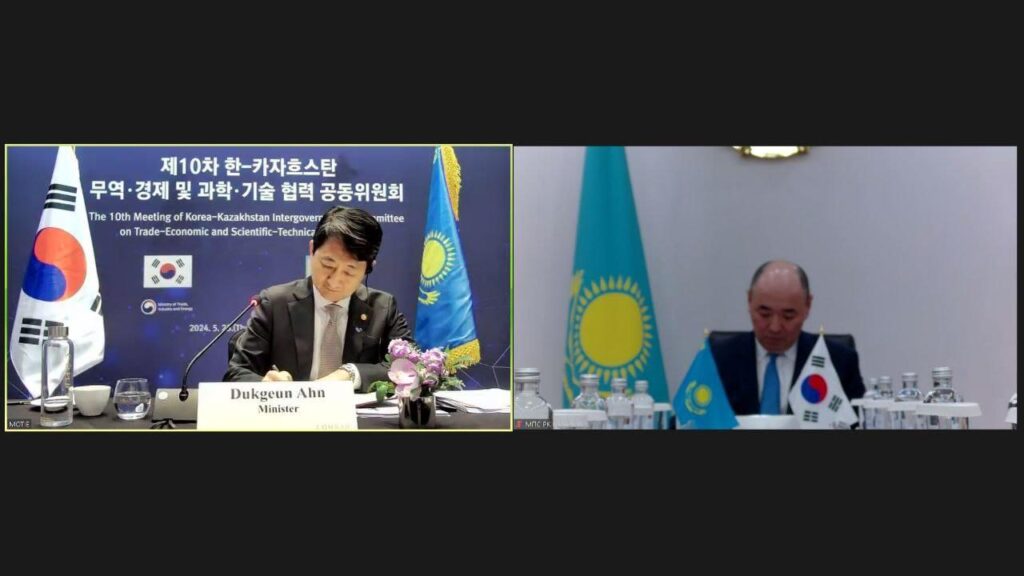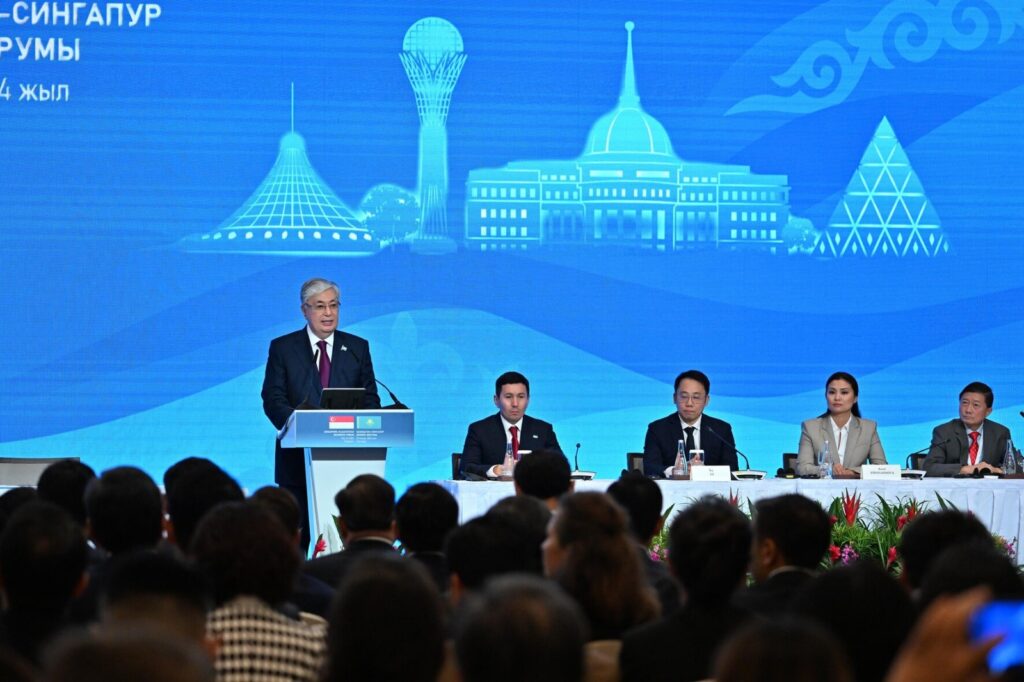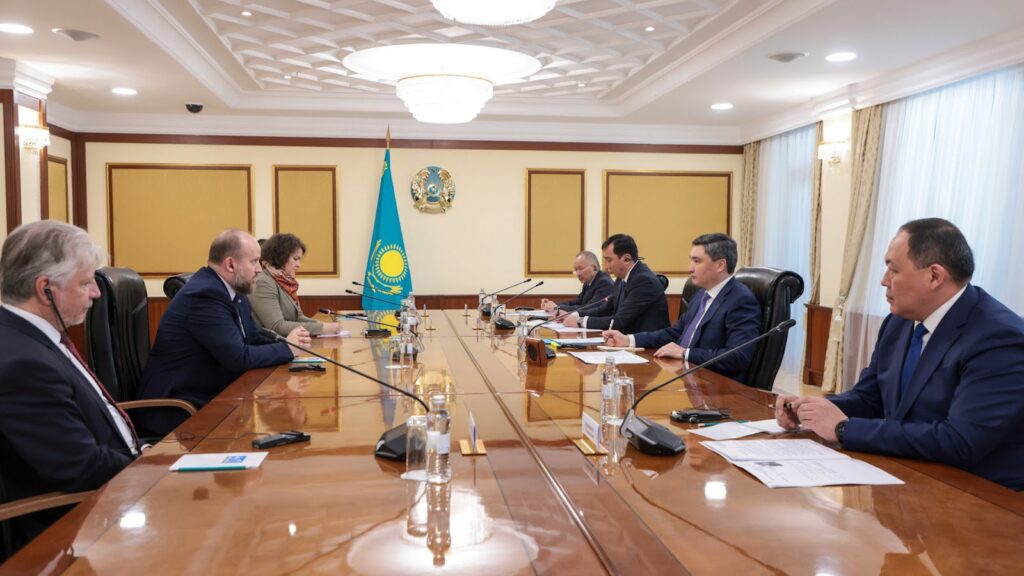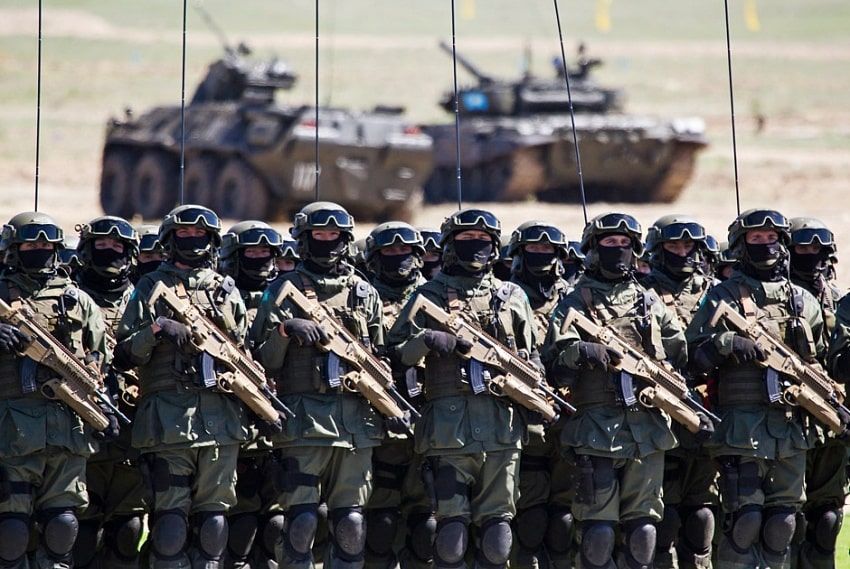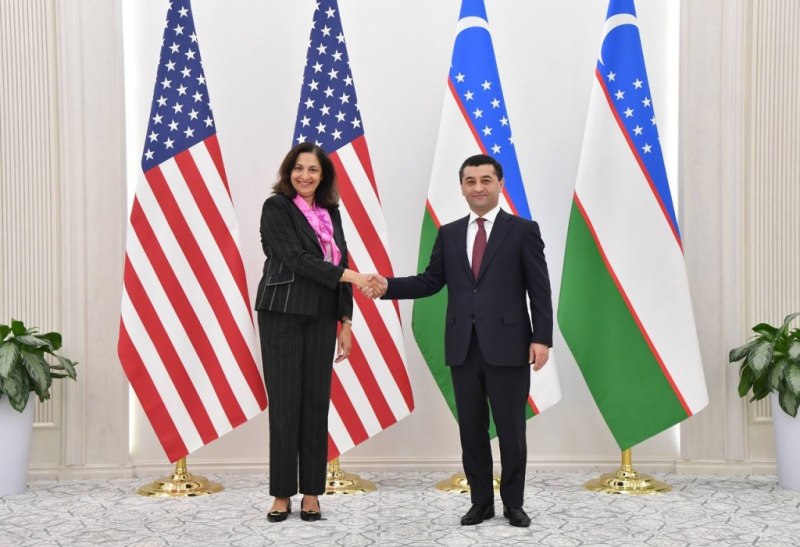Kazakhstan will host the military exercise, “Birlestik-2024” in July of this year. Notably, this became known from the press service of the Ministry of Defense of Azerbaijan. The exercises will be jointly held by the Armed Forces of Azerbaijan, Kazakhstan, Kyrgyzstan, Tajikistan, and Uzbekistan. It is a convenient occasion to refresh the topic of the ‘Army of Turan’, which is periodically raised by experts both in Central Asia and neighboring countries.
The Army of Turan is a hypothetical military bloc of Turkic-speaking countries. Its ideas have become relevant in the context of global geopolitical turbulence.
I hear the thunder of cannons…
Most military analysts consider Azerbaijan to be Turkey’s proxy in the South Caucasus. In general, Baku’s rapprochement with the capitals of Turkic states (plus Dushanbe) meets Ankara’s interests in creating a unified cultural and economic space: Turan.
However, does the integration of Turkic states mean that they will eventually be able to create a NATO-style security pact in Central Asia? Such initiatives have resumed with renewed vigor after the end of the Azerbaijani-Armenian conflict, during which Turkey has shown the capability of its weapons.
Indeed, in 2022, against the backdrop of the Russian invasion of Ukraine, Kazakhstan – the only country of the participants to share a land border with the Russian Federation – pondered how to protect itself from further expansion of the northern empire’s borders. But in the run-up to the summer of 2024, fears have mostly subsided.
Many were sobered by the obvious fact that loud declarations of assistance from strong states at best mean the delivery of obsolete weapons, but no more. At worst, your offender will be censured from high podiums, and you will be sympathized with. For example, Turkey, the most likely to defend Central Asia from outsider aggression, did not risk helping the Palestinians, its brothers in faith, and got away with accusing Israel of fascism.
So, the ‘Army of Turan’ exists in the heads of fantasists and pan-Turkics, but in reality, something ordinary is going on — the arms trade. Let’s see what the armies of the Central Asian republics are armed with, excluding Turkmenistan, which has declared neutrality.
Tajikistan and Kyrgyzstan
The most troublesome neighbors in the region have not been able to complete their border delimitation process. As a result, quarrels periodically erupt, in which border guards from both sides intervene, staging mini-warfare. The cause of discord is usually the same: water.
The Tajik and Kyrgyz militaries gain some combat experience in these micro-quarrels. Despite or based on this experience, Dushanbe relies on agreements with other countries — Russia, China, India, Iran, and CSTO partners — for its defense capability. Tajikistan’s armed forces number only 9,000 men. They have 38 tanks (T-62 and T-72 modifications), 114 armored vehicles (APCs, BMPs, BRDMs), 40 artillery systems, and several short- and medium-range air defense units. The Air Force has four Czechoslovakian L-39 Albatross, combat trainers.
Kyrgyzstan does not have much more power in the number of its troops, at around 11,000. But in terms of equipment, Bishkek easily beats Dushanbe. Kyrgyzstan’s armed forces have 150 T-72 tanks, 420 armored vehicles of various types (BMPs, APCs, BRDMs), and 228 artillery systems. Aviation is identical: the same four L-39 Albatross combat trainers. Kyrgyzstan also counts on Russia’s support.
Uzbekistan and Kazakhstan
In various world rankings, Uzbekistan disputes the primacy in Central Asia with Kazakhstan. As in other spheres, Tashkent and Astana are the region’s leaders. Until this year, Uzbekistan’s army was considered more capable than Kazakhstan’s. This year, Global Firepower, in the rating of world armies, raised Kazakhstan to 58th place out of 145, while Uzbekistan ranked 65th. The rating for 2023, however, placed Kazakhstan’s army in 63rd place and Uzbekistan’s in 62nd.
About 70,000 people serve in the Uzbekistan Armed Forces. The army has 28 brigades, 340 T-62, T-64, and T-72 tanks, and 530 armored vehicles (BMP, APC, BRDM, Turkish and Western Cougar, Ejder Yalcin, Maxxpro+, Typhoon). Defense spending has been steadily increasing, estimated at $797 million for the current year. Uzbekistan left the CSTO in 2012, so it relies on assistance not from Russia but from Turkey and other foreign partners.
The Armed Forces of Kazakhstan exceeds 70,000 people. In case of declaration of martial law, the army will include units of the Ministry of Internal Affairs, border service, state defense service, and civil defense troops, which in a short time will increase the number of the army by about 50,000 more people. The army has 350 T-72BA main battle tanks, almost 900 armored vehicles (BMP-2, BTR-3E, BTR-80, BTR-80A, BTR-82A, BRDM-2, BRM-1, MT-LB), 490 artillery systems, and 12 Tochka tactical missile systems. The Air Force has 120 combat and military transport aircraft of various types (MiG-29, MiG-31, MiG-27, Su-27, Su-30, L-39 Albatross) and 74 helicopters.
It also has long-range (S-200 and S-300), medium-range (Buk, Volkhov), and short-range (Kub, Strela) air defense systems. Six missile artillery and anti-diversion boats are on combat watch near the Caspian coast.
The defense budget for this year was about $3 billion.
Arms market and caravan security
Given that it is not clear how much unserviceable weaponry is hidden behind the above figures (experts in Kazakhstan, for example, tend to believe that the statistics do not seriously correspond to reality, and this is confirmed by periodic accidents at military depots), as well as the presence of Russian bases on the territory of Central Asia, it seems that the idea with the “Army of Turan” is just a beautiful signboard for an ordinary arms fair where Ankara is the dealer.
Thus, all Central Asian countries are actively buying Turkish UAVs – Bayraktar TB2, Aksungur, Anka; armored vehicles. Uzbekistan bought Ejder Yalcin armored personnel carriers, and Kazakhstan bought the Otokar Cobra and Otokar Arma armored vehicles.
Kazakhstan has long suspected something would go wrong in the future, especially since the country has developed its production of Barys armored vehicles exhibited at the Central Asia Expo 2023. Twenty-seven units of this equipment were even handed over to the national peacekeeping contingent participating in UN missions.
Experts are puzzled why the Kazakh Ministry of Defense purchased equipment from Turkey and not from the domestic enterprise Kazakhstan Paramount Engineering, the only one of its kind in Central Asia. Moreover, President Kasym-Jomart Tokayev visited this facility twice, expressing his support for it in every possible way.
For the exercises with Azerbaijan, this process of combat alignment should be viewed through the prism of the modern Silk Road. As with ancient times, modern caravan routes need protection, given the current instability in the world. And it is better if this protection is coordinated along the entire route — the very Trans-Caspian corridor that the leaders of Kazakhstan and Azerbaijan have been talking so much about lately.
The modern armies of Central Asia and Azerbaijan are just the right size to defeat a bold but unorganized enemy. These armies are not fit to compete with Russia’s military might, even with Turkey’s (mostly verbal) support. In general, the philosophy of the leaders of modern Central Asia – Astana and Tashkent – is that it is better to negotiate and trade than to quarrel and fight.


